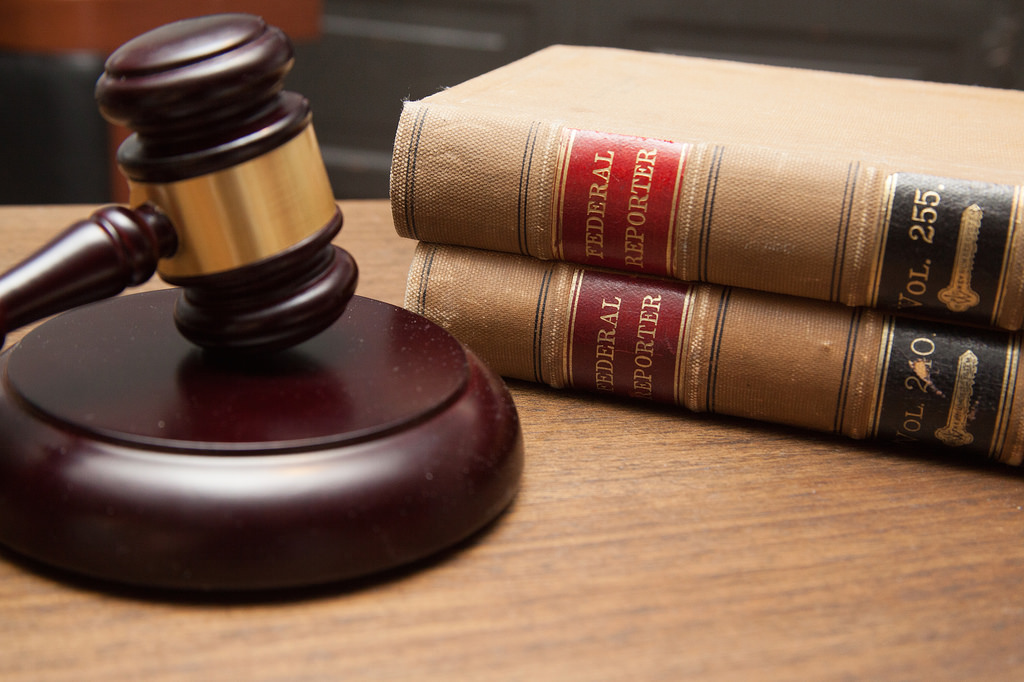While it seems like a lifetime ago that cryptocurrencies made their debut onto the world stage, in the eyes of the economy and modern times, it’s still rather a new concept that’s been put into practice. However, governments of countries around the world have been unable to currently keep up with the fast-evolving industry and put in regulations.
But then again, should cryptocurrencies be regulated? What are the pros and cons of this, and is it really such a good idea? In today’s guide, we’re going to find out.

New Beginnings
At the time of writing, there are over 1,500 active cryptocurrencies available in the world, and new ones are being introduced left, right, and center every single day. Of course, some cryptocurrencies are huge, take BitCoin, for example, whereas others are smaller and considered less impactful, but that doesn’t mean people aren’t using them.
However, it’s since so many people and organizations are using these cryptocurrencies that governments are starting to pay attention and see whether they need to regulate them or not. Take the United Kingdom. Currently, cryptocurrencies are not regulated, nor are they even classed as legal tender. For this reason, the UK can’t pin the regulation on anyone or any department. It’s a huge grey area.
Looking to the Future
As of June 2020, Facebook plans to launch its own cryptocurrency going by the name of Libra. The idea here is to have a central currency that everyone can have access too and eliminates the need for a bank account. However, with companies like Facebook owning so much data on users, and scandals like the Cambridge Analytica situation still fresh in everyone’s minds, governments are concerned about what sort of world this could create.
However, if the governments were to regulate Libra coin as a cryptocurrency, that means all cryptocurrencies need to be regulated, and since there are thousands already in operation and circulation, this could be a huge task to try and implement.
Of course, in this specific situation, Facebook has tried to reassure governments that everything will be fine and that financial data will be kept separate from Facebook data, but there’s no way to prove this is or is not the case, but summits are discussions are happening throughout the world to decide the best approach.
Nevertheless, other governments are already making up their minds. France, for example, has already approved laws which state that cryptocurrencies are now recognized as legal tender and are taxable, meaning they can be used just as any other currency can be used.
However, this is an exception. There are many countries that have hardly any, or no, framework or regulations whatsoever, and some countries have even banned the use of them entirely, which makes it even more difficult to decide what is the best approach.
Summary
At the end of the day, the reasons behind regulating cryptocurrencies are all about reducing the risk of fraud, money laundering activities, and making sure the economy is kept stable. However, with the use of cryptocurrencies increasingly speeding up and spreading, it won’t be long before governments are forced to take a stand and choose an approach that suits them.






